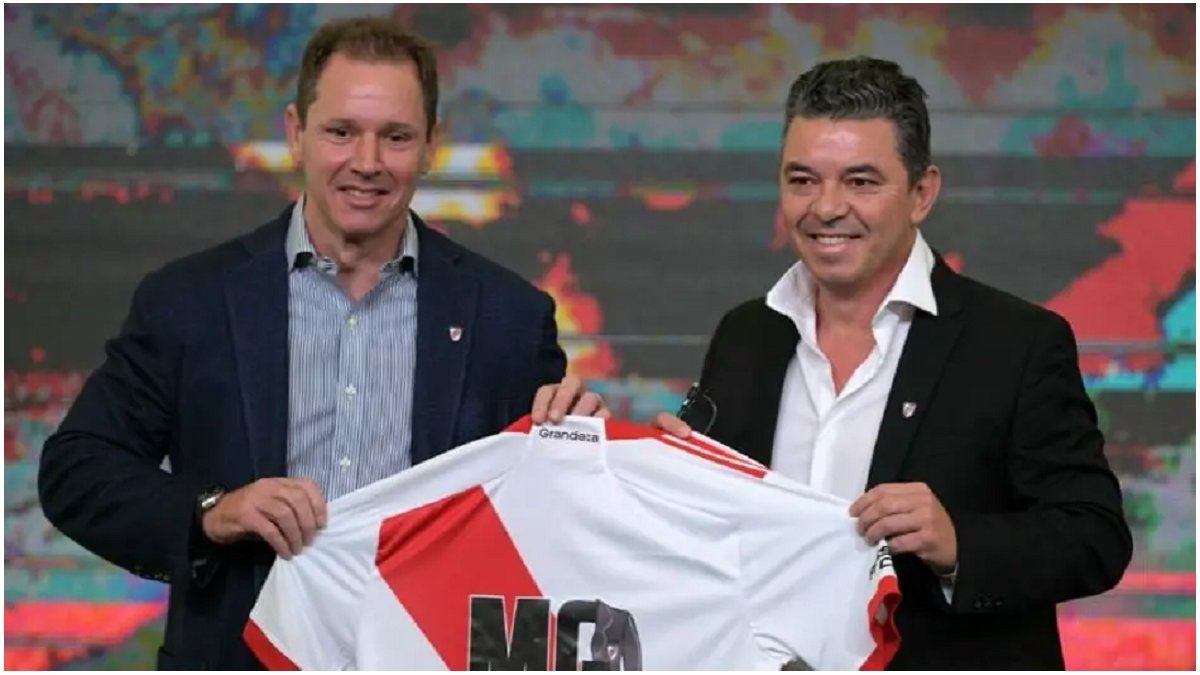Menu
Foster parents and German authorities: A mother about her struggle
Categories
Most Read
how to visit expensive destinations on a tight budget
October 14, 2025
No Comments
How much do I earn if I invest $1,000,000 today in 30 days?
October 14, 2025
No Comments
Oil falls in international markets to its lowest level since May
October 14, 2025
No Comments
Federico Sturzenegger announced that there will be a quite unprecedented trade agreement with the US
October 14, 2025
No Comments
Latest Posts

Jorge Brito broke the silence: he came out to bench Marcelo Gallardo and spoke about the River crisis
October 14, 2025
No Comments
October 14, 2025 – 17:58 The president of River referred this afternoon to the delicate situation that Marcelo Gallardo’s team is going through, at the

Trade conflict: Trump is considering giving up Chinese cooking oil because of the soy problem
October 14, 2025
No Comments
AngelicaI am an author and journalist who has written for 24 Hours World. I specialize in covering the economy and write about topics such as

The blue dollar rose for the first time in three wheels, in line with the rebound of the official and the financiers
October 14, 2025
No Comments
October 14, 2025 – 17:48 Get to know the blue dollar quotes, the official one, the MEP and the CCL. Depositphotos He blue dollar rose
24 Hours Worlds is a comprehensive source of instant world current affairs, offering up-to-the-minute coverage of breaking news and events from around the globe. With a team of experienced journalists and experts on hand 24/7.

